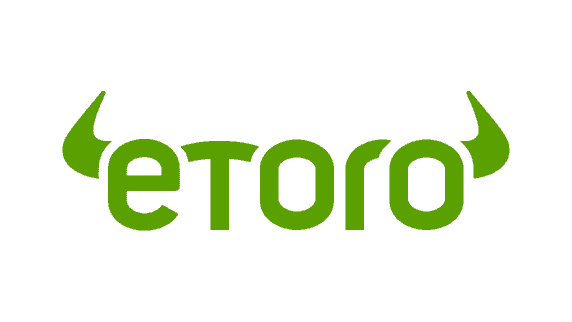
HFM the global multi-asset broker, has unveiled an enticing opportunity: a trading contest that gives a chance to win ultimate Paris Olympic Games 2024 Experience. Available for individuals across the African continent, HFM's promotion offers a chance to immerse oneself in the celebration of the upcoming Paris Olympics.
Participating in 42 trading days contest traders get an opportunity to secure an exclusive place at the Men's Marathon Finish Line with exclusing hospitality tickets. This coveted access ensures a front-row view of the athletes' triumphant moments as they cross the iconic finish line.
Participants in the 42-trading days marathon have the chance to secure a place at the Mens' Marathon Finish Line with exclusive hospitality tickets. This privileged access guarantees an up-close view of the athletes' triumphant moments as they cross the finish line in this iconic race.
The Grand prize package includes VIP tickets to the Olympic Games closing ceremony in the Bronze category C area, along with a generous 3-night hotel accommodation with flight tickets. This unique offering makes it easier than ever for the lucky winner to be a part of an unforgettable journey and experience.
Click here to participate in the trading contest and set yourself on the path to winning Olympic Games Experience!
About HFM
HFM, previously known as HotForex, is a brand name of HF Markets Group an internationally recognized multi-asset broker serving over 3.5 million live accounts worldwide, with over 60 coveted industry awards. The company offers wide variety of account types, innovative products, platforms, tools, and educational materials besides outstanding customer service and quality trading conditions available for individual and institutional customers to trade Forex and CFDs online.










